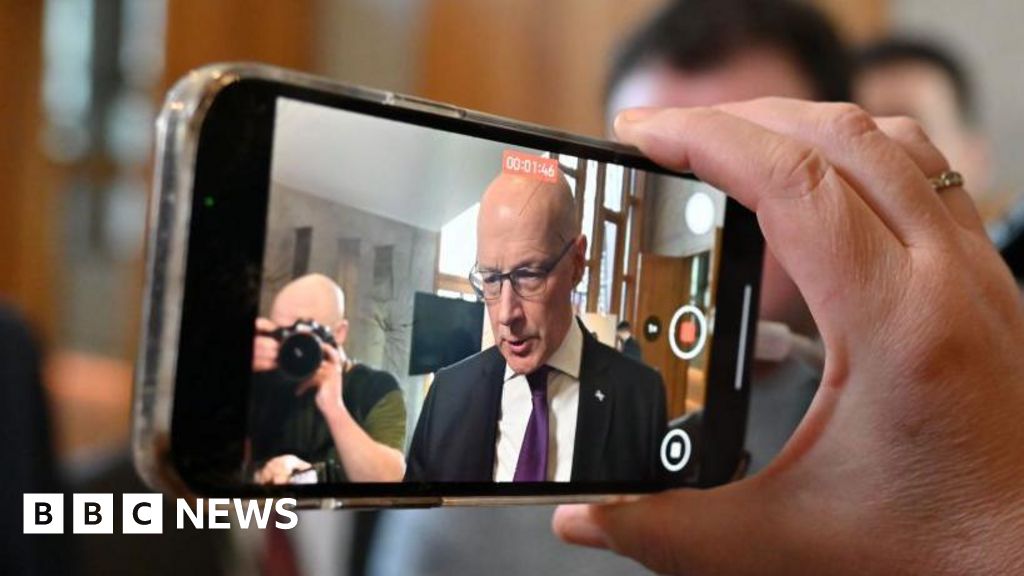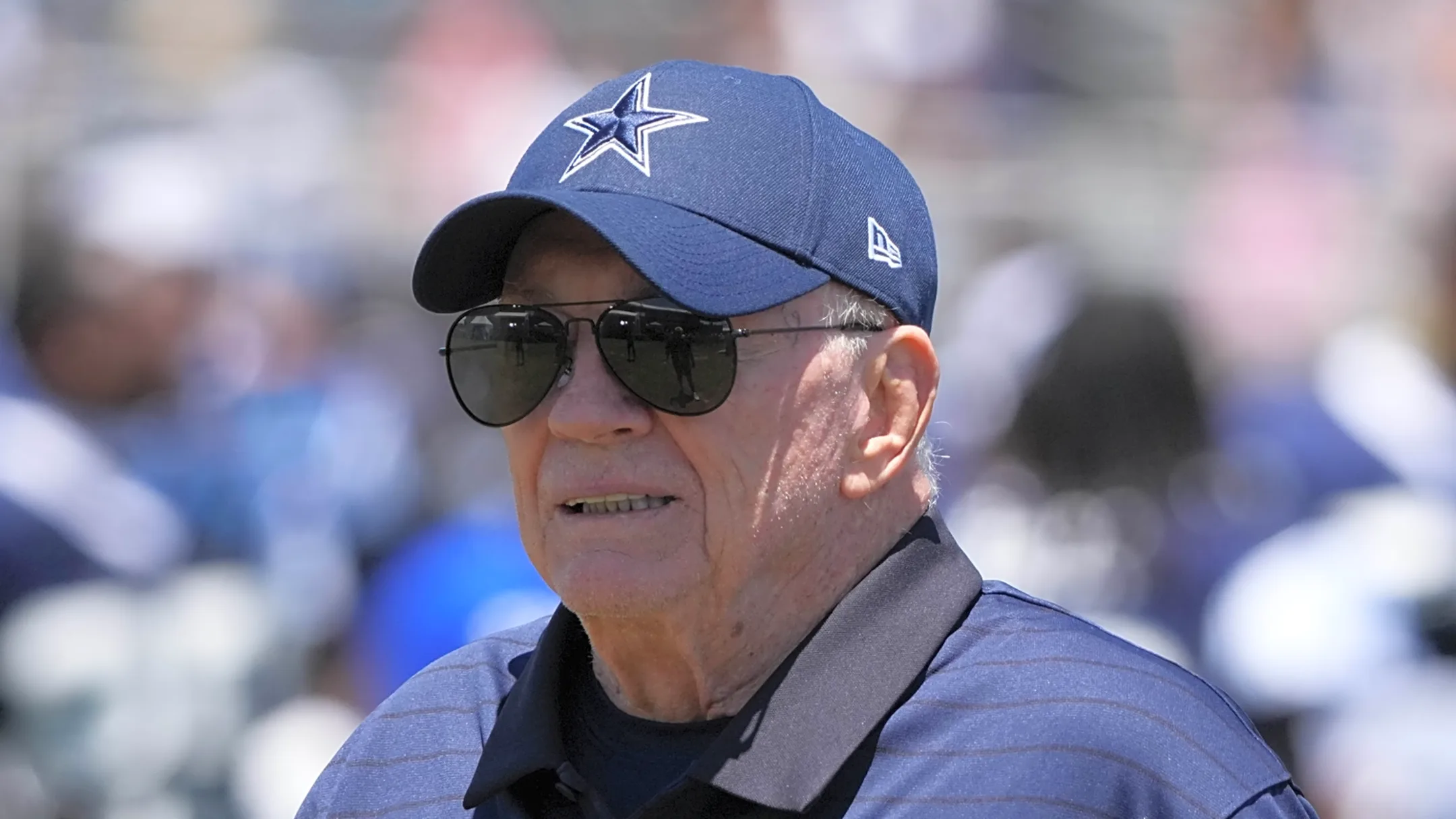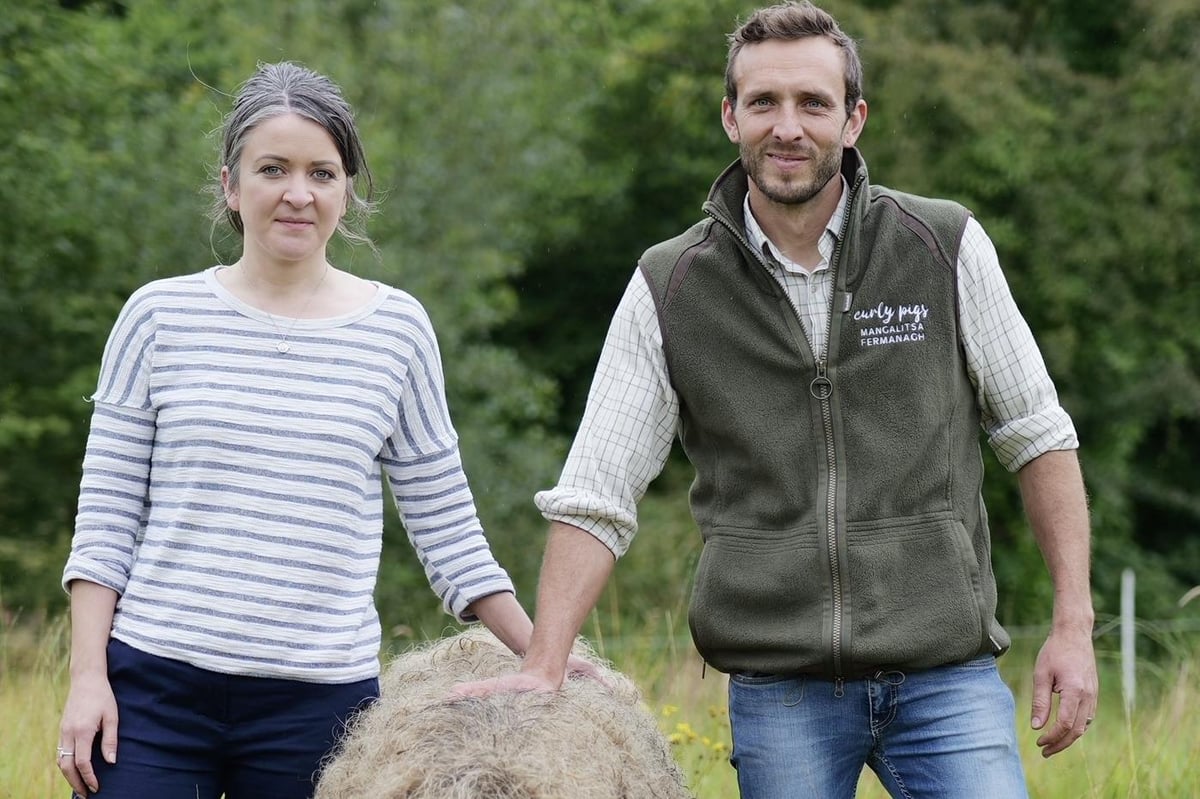By Phil Sim
Copyright bbc

Obviously our politics has changed quite a bit over this period too – from the indyref era to Brexit to Covid, to a chaotic succession of prime ministers culminating in a Labour landslide.
Is it a coincidence that politics has undergone such upheaval during a period when we fundamentally changed the way we talk to each other about it?
It’s essentially a chicken-and-egg question.
The current tone of debate online is particularly sharp and critical of politicians – and opinion polls increasingly show public distrust of them.
Was that caused by the fact people were promised change in a general election and don’t feel it was delivered? Or does the way people talk about politicians exacerbate what they feel has transpired?
To take a particular example in Scotland, Swinney is determined to try to unite pro-independence voters ahead of next year’s Scottish parliament election.
But six different pro-independence parties have already announced they are standing multiple candidates in May, four of which didn’t exist 10 years ago.
Is this because there has been a fracturing of the political movement, or because members of it have spent 11 years talking online about a referendum without much in the way of tangible progress?
The thing which is clear is that the genie isn’t going back in the bottle.
And for all the hand-wringing about whether to post on Musk’s platforms, political parties have absolutely leaned into the opportunities provided by the internet. Ed Davey’s SpongeBob meme isn’t the half of it.
In the 2021 Scottish Parliament campaign, Electoral Commission records suggest parties spent £578,000 on advertising with Facebook. It would be surprising if that figure didn’t increase in 2026.
In last year’s UK general election, parties are thought to have spent a million pounds on digital adverts on polling day alone – getting around a strict rule against broadcasters airing any campaign messages while voting is taking place.



